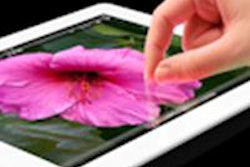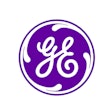Monday, December 2 | 8:40 a.m.-9:10 a.m. | VSIN21-02 | Room S404CD
In this talk, Dr. George Shih from Weill Cornell Medical College will discuss trends in mobile platforms and security as they pertain to healthcare.Mobile devices and apps offer an enormous opportunity for healthcare innovation. However, which platform is being used -- iOS or Android -- is beginning to take on more importance.
Most of the healthcare enterprise apps are still mainly on Apple's iOS due, in part, to the preference of a large majority of physicians for iOS devices. But Android devices have been adopted much more rapidly over the past couple of years and make up about 75% to 80% of smartphones shipped worldwide, Shih said.
"So doctors will largely be using iOS mobile apps and their patients will largely be using Android mobile apps," Shih said. "A major challenge for the healthcare industry will be to ensure that we provide the ability -- i.e., apps -- for doctors and patients to easily and securely communicate and collaborate using these mobile devices, in an increasingly patient-centric health model."
Shih also noted that mobile devices will become increasingly important for both gathering relevant health data and improving workflow in healthcare, "ultimately leading to a better patient experience and hopefully better patient outcomes."




















